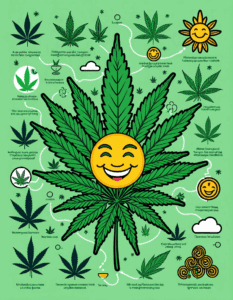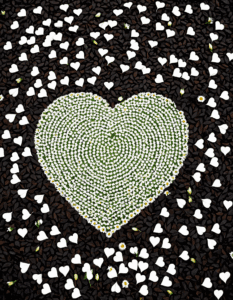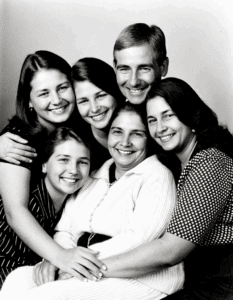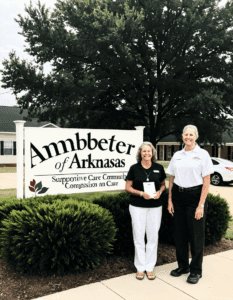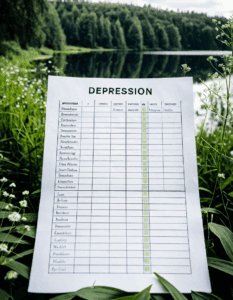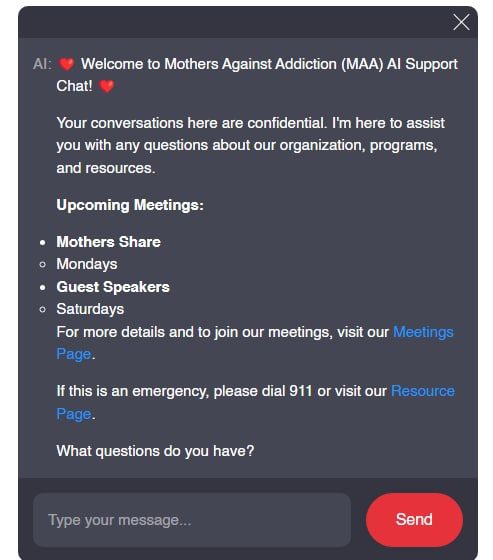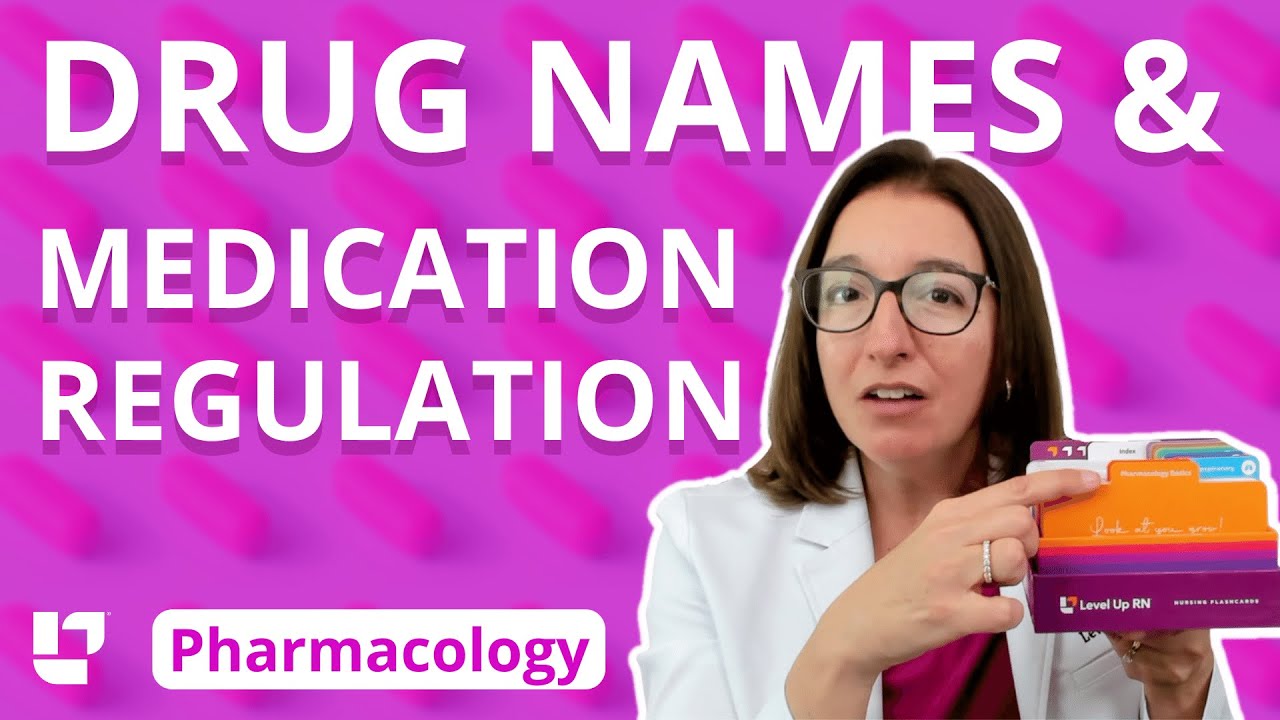
The Impact of Drug Names on Lives and Perceptions
When it comes to addiction, drug names can evoke a whirlwind of emotions. For many parents, hearing the name of a substance their child is grappling with can bring forth intense feelings of dread, confusion, and even guilt. Names like “OxyContin” ripple through society, a reminder of the opioid crisis that has devastated countless families. Conversely, words like “Suboxone” may evoke hope and the possibility of recovery.
Understanding how these drug names influence perceptions is vital for families navigating the rocky terrain of addiction. The language we use not only affects how we view addiction but also how we communicate with those struggling and our own feelings about the journey ahead. As we engage in conversations surrounding addiction, it’s essential to recognize the weight that these words carry, shaping not just individual stories but also the collective narrative around recovery.
Substance names become symbols. They can signify despair or hope, fear or encouragement. By acknowledging this emotional landscape, parents can begin to reshape their conversations, focusing on empowering language that promotes healing. Positive dialogues can work wonders in diminishing stigma and providing a supportive atmosphere conducive to recovery.

Top 7 Drug Names That Have Changed Lives: From Despair to Hope
Initially created for pain relief, Methadone has become a crucial part of Opioid Dependence Therapy. It’s a beacon of hope for many battling addiction, helping to stabilize withdrawal symptoms and curb cravings. With Methadone, individuals can reclaim their lives and rebuild strained relationships, carving out a new path away from addiction.
Think of Narcan as a superhero in a syringe. This lifesaving medication has significantly reduced opioid overdose deaths by swiftly reversing the effects of opioids. For parents, having Narcan on hand can be a lifeline during a crisis, enabling immediate intervention when facing the terrifying reality of overdoses.
Buprenorphine has revolutionized addiction treatment, offering a way for many to overcome opioid dependence. For families, Suboxone signifies hope for a safer path to recovery. It alleviates withdrawal symptoms while reducing the risk of misuse, making it a preferred choice for many on their journey to healing.
Whether for alcohol or opioid addiction, Vivitrol represents progress in long-term recovery. This monthly injection helps prevent relapse, freeing individuals from the burden of consistent pill-taking. For families, Vivitrol offers a visible sign of commitment to recovery, marking a hopeful milestone in their loved one’s life.
Often associated with anesthesia, Ketamine’s emerging role in treating severe depression has illuminated fresh paths for families dealing with addiction. Parents seeking answers for their children’s mental health challenges might find solace in its ability to offer rapid relief from deep-seated depressive symptoms, paving the way for improved emotional well-being.
Originally developed for treating Attention Deficit Hyperactivity Disorder (ADHD), Vyvanse has been linked to reduced substance abuse in individuals with co-occurring disorders. For parents, knowing that their child’s ADHD treatment can prevent self-medication through drugs is reassuring, improving overall family dynamics.
This traditional Amazonian brew has gained popularity for its transformative effects in personal growth and healing. Parents who’ve explored Ayahuasca retreats testify to its profound psychological and spiritual impacts, noting that participants often emerge with a renewed perspective on life after battling addiction.
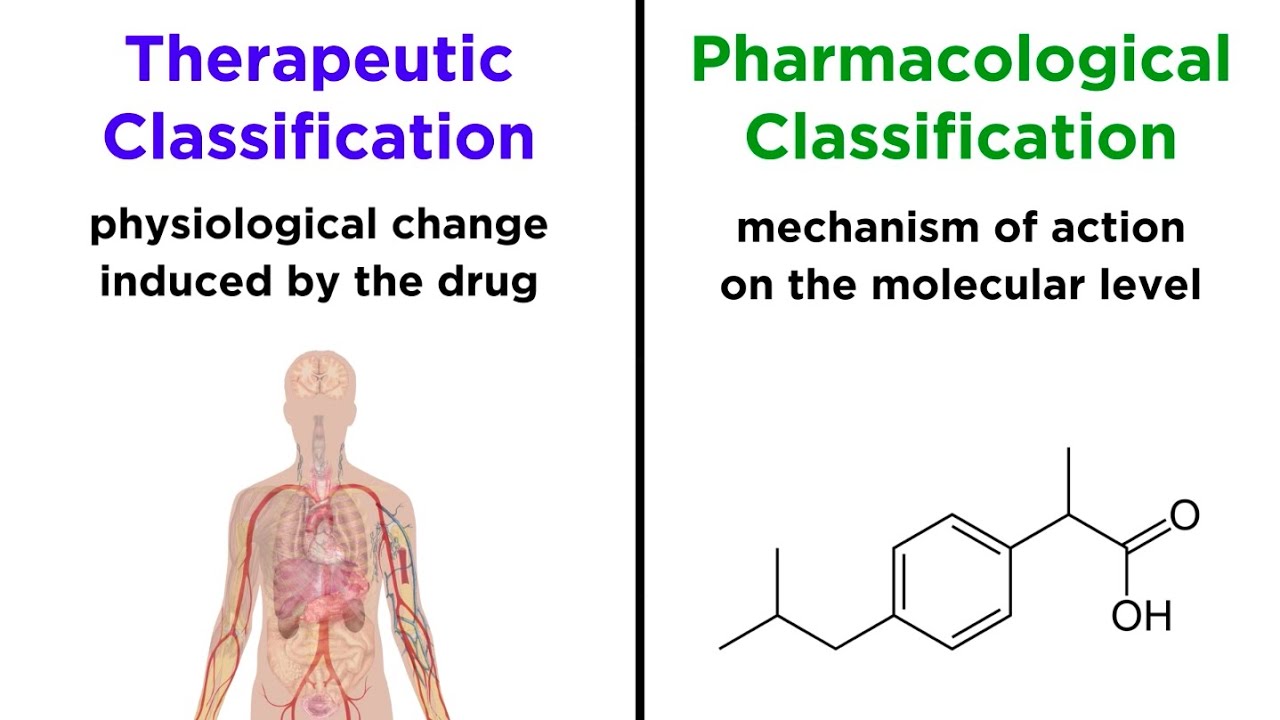
The Power of Language: How Drug Names Shape Recovery Narratives
Beyond their medical significance, drug names profoundly influence recovery stories. Terms like “addict” and “heroin” carry enormous stigma, acting as barriers that prevent individuals from seeking help. Contrarily, words centered around “treatment” and “healing” breed a sense of empowerment. Parents can play a fundamental role in reshaping these narratives by encouraging conversations that prioritize positive language.
It’s crucial for families to engage in open discussions about addiction and recovery, replacing fear-laden words with those that inspire hope. By consciously opting for empowering terms, the stigma that often accompanies addiction can begin to dissipate. Sharing success stories, focusing on recovery efforts, and celebrating milestones can foster a more compassionate dialogue.
As parents embrace the power of positive language, they can help cultivate an environment conducive to healing. Whether through group support or facilitated discussions, choosing the right words can significantly affect how families view and approach the recovery process.

Bridging the Gap: Understanding the Role of Drug Names in Society
The drug names we encounter reflect underlying societal beliefs and biases that shape treatment access and availability. Advocating for better access to treatment involves recognizing the implications these names carry. Parents can explore what these terms mean within the broader context of addiction and recovery, transforming fear into understanding.
With knowledge, parents can better educate themselves and others about the significance of these drug names. Familiarizing themselves with the societal trends associated with different substances allows for richer conversations. This insight shifts focus from fear to understanding, facilitating open discussions centered around treatment options.
The path to eradicating addiction is multifaceted. While medical interventions remain paramount, language plays an indispensable role in shaping recovery journeys. By fostering awareness and appreciation of how we communicate about substances, we can inspire transformative change—not just for our children but for entire communities. Through education and conscious dialogue, we can diminish stigma, acknowledging addiction’s place in our shared narrative and encouraging supportive environments for all seeking recovery.
In closing, understanding drug names is more than mere vocabulary; it paints the bigger picture of an ongoing battle against addiction. Join us in our mission to empower families through education, language, and support. At Mothers Against Addiction, we’re committed to walking alongside parents in their fight against the devastating effects of addiction.
To learn more about alcohol, referral visits to What Is alcohol and What Is marijuana can provide essential insights. Additionally, resources on various substances can be found at Drugs fda.
At Mothers Against Addiction, we believe that change is possible. Let’s transform the narrative surrounding drug names to foster understanding and compassion across our communities.
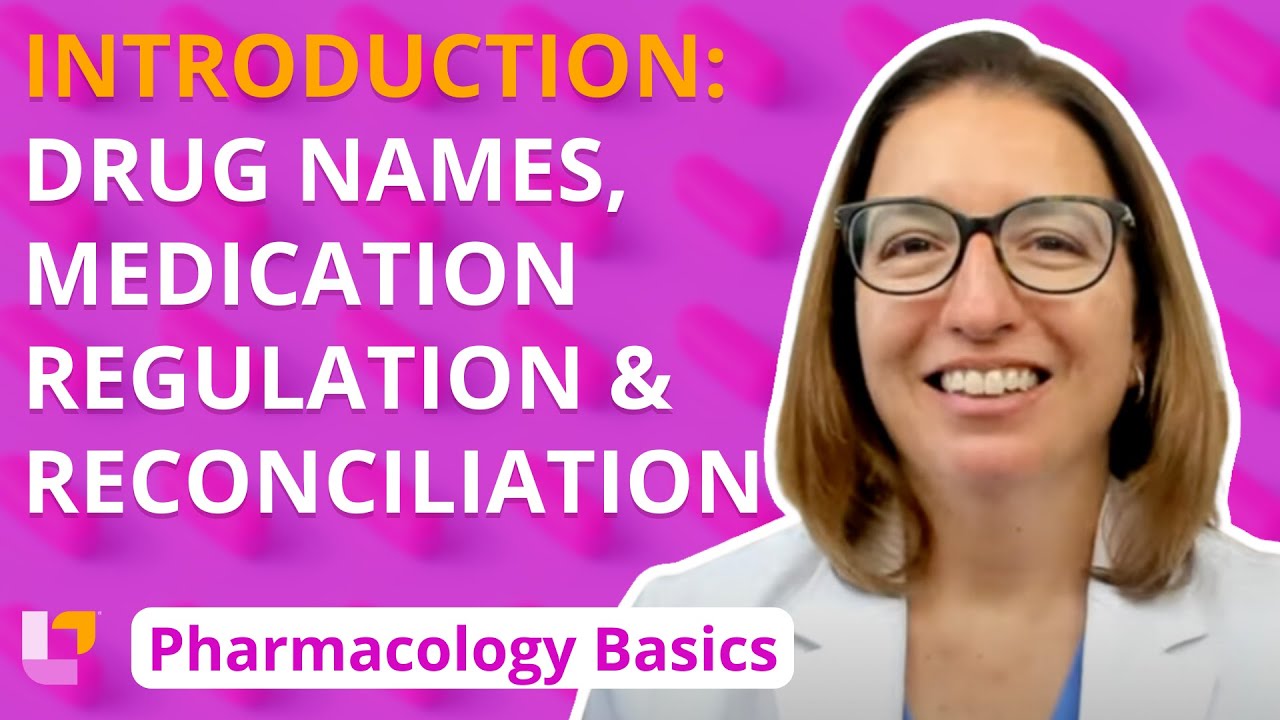
Drug Names That Can Change Lives Forever
The Power of Names
Did you know that drug names can carry powerful implications beyond their immediate effects? For example, some medications are named after natural elements or even mythological references, giving them a sense of mystique and grandeur. It’s fascinating to consider that a name like “Caduet” can not only concentrate the minds of doctors but also impact patients’ perceptions. It’s just like how the charming vibe of Dripping Springs , Tx makes it such a special place for families, reflecting a positive environment where recovery can flourish.
Interestingly, much like the quirky characters in the movie Little Giants, drug names can evoke strong emotions and nostalgia. These names often elicit memories that shape how people respond to treatment. It’s as if certain names stick with us, reminding us of the battles we’ve faced. Just think about how a name like “Adderall” has become synonymous with focus and productivity across various audiences—it’s a small badge of honor for some.
Recognizing Impact
With millions of drugs on the market, each name tells a story. The Social Responsiveness scale is a perfect example of how such names can resonate in the world of addiction and recovery. Assessment tools reflect societal understanding and struggles, while drug names encapsulate the journey of healing. Isn’t it remarkable how naming can influence not just identity but also treatment paths?
Just like in the iconic game Mario Kart, where track names evoke excitement and competition, drug names carry their own weight in the race against addiction. From “OxyContin” to “Methadone, these names know how to pack a punch. So, the next time you hear a drug name, remember its potential power to reshape lives and the stories behind it, much like the enchanting displays at the Volo Auto museum where each vehicle holds a unique history just waiting to be explored.




